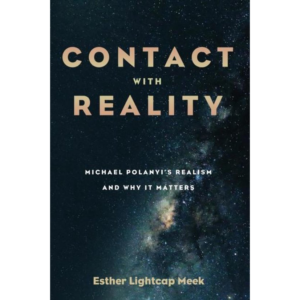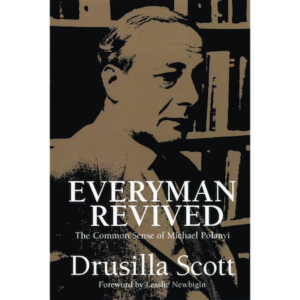
Excluding cranks and dabblers
Drusilla Scott on Michael Polanyi’s insistence that the “community of science” required authority
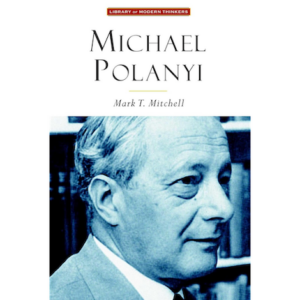
Harbinger of disorder
Mark Mitchell on Michael Polanyi’s recognition of the dangerous dead-end of materialistic reductionism
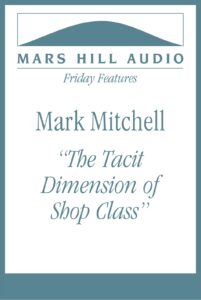
The personal element in all knowing
Mark Mitchell connects key aspects of Michael Polanyi’s conception of knowledge with Matthew Crawford’s insistence that real knowing involves more than technique. (34 minutes)
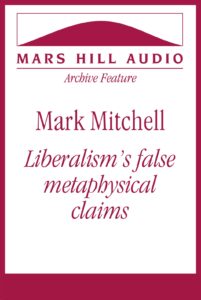
An impoverished anthropology
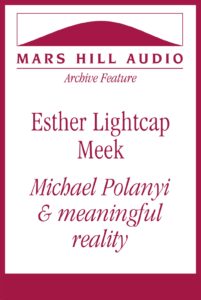
Making contact with reality
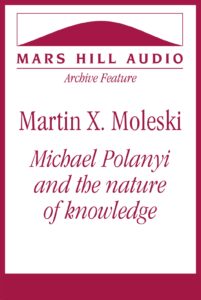
Knowing the world through the body
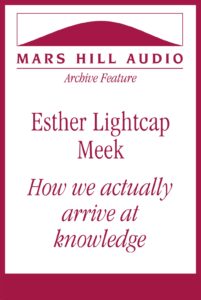
Steward of knowledge vs. autonomous knower
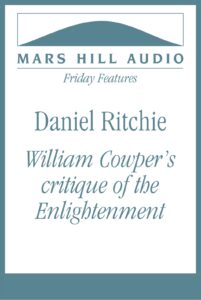
How we know the world
Daniel Ritchie argues that poet and hymnodist William Cowper was ahead of his time in critiquing the Enlightenment's reductionist view of knowledge. (16 minutes)
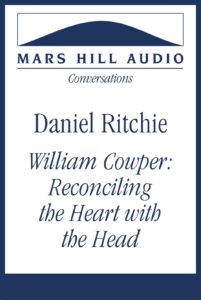
William Cowper: Reconciling the Heart with the Head
Daniel E. Ritchie discusses the life and work of poet William Cowper (1731–1800), comparing his commitment to understanding reality through personal knowledge, intuition, and rigorous contemplation with the thought of Michael Polanyi. (43 minutes)
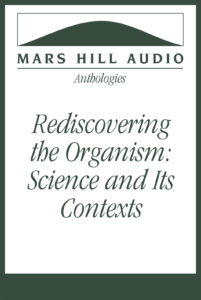
Rediscovering the Organism: Science and Its Contexts
Philosophers, theologians, historians, and research scientists are interviewed in an effort to describe the interaction of science with other disciplines and with the settings in which science is practiced and exerts its influence. (107 minutes)
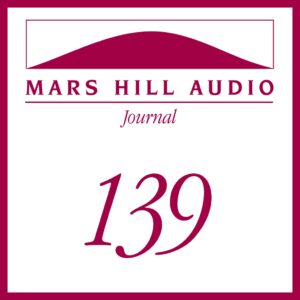
Mars Hill Audio Journal, Volume 139
FEATURED GUESTS:
W. Bradford Littlejohn, Simon Oliver, Matthew Levering, Esther Lightcap Meek, Paul Tyson, and David Fagerberg
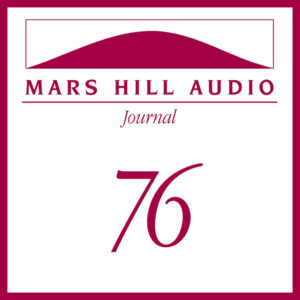
Mars Hill Audio Journal, Volume 76
FEATURED GUESTS: D. H. Williams, Catherine Edwards Sanders, Ted Prescott, Martin X. Moleski, Stephen Prickett, and Barrett Fisher
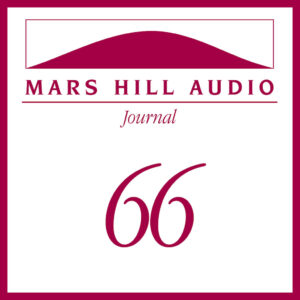
Mars Hill Audio Journal, Volume 66
FEATURED GUESTS: Leon Kass, Nigel Cameron, Susan Wise Bauer, Esther Lightcap Meek, John Shelton Lawrence, and Ralph Wood
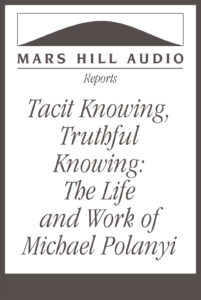
Tacit Knowing, Truthful Knowing
This 2-1/2-hour audio documentary surveys Michael Polanyi's criticisms of both objectivism and subjectivism, and his attempts to develop a more truthful understanding of how we know the world. (143 minutes)
